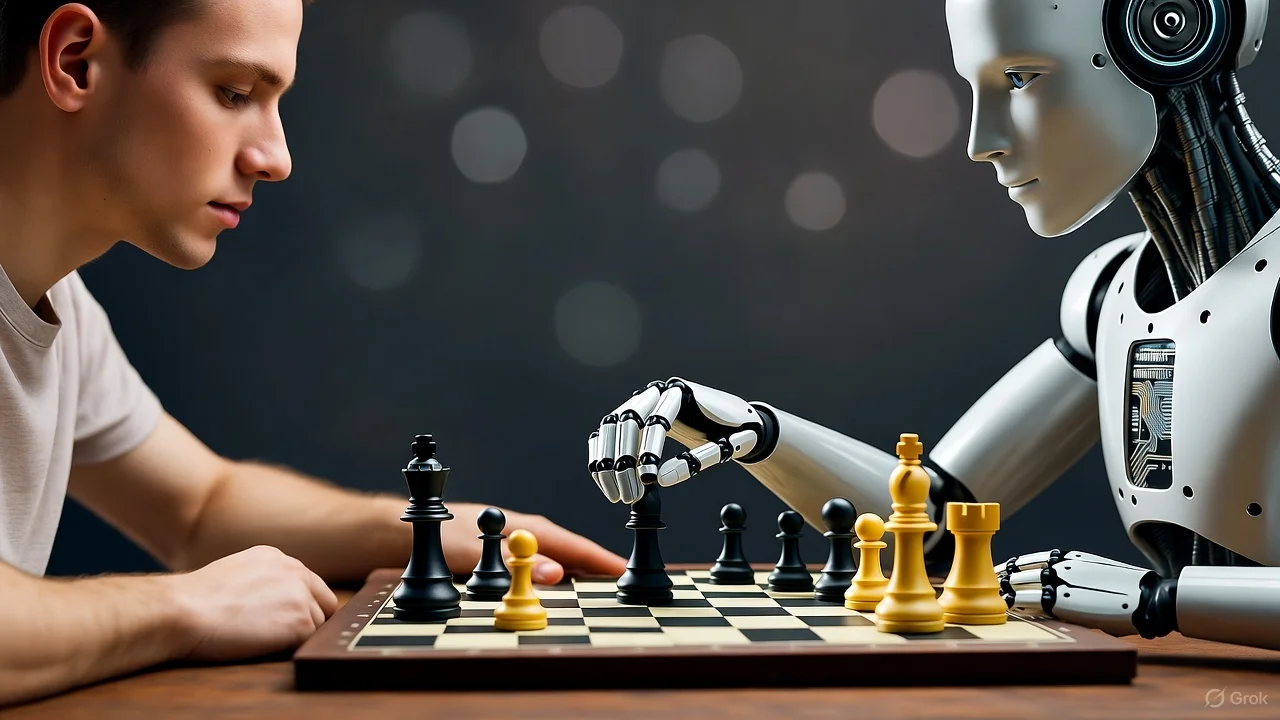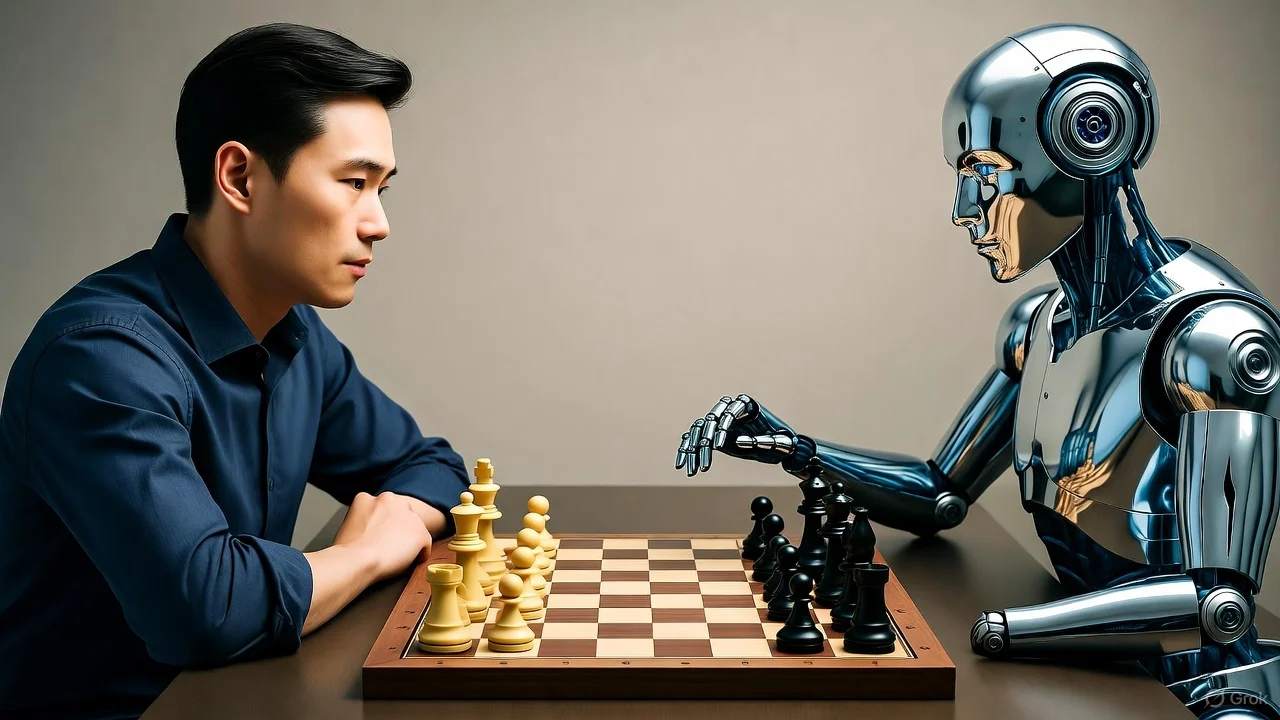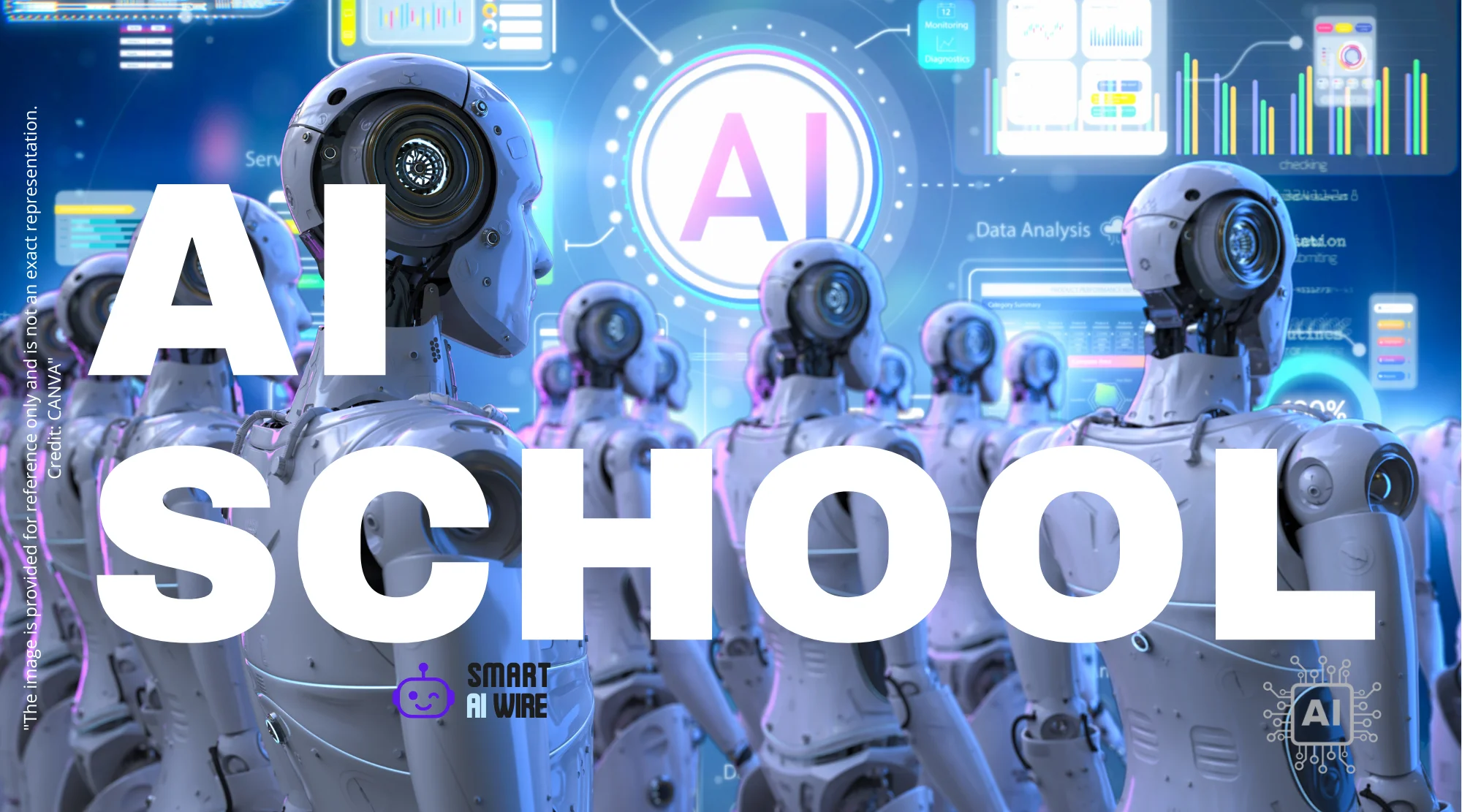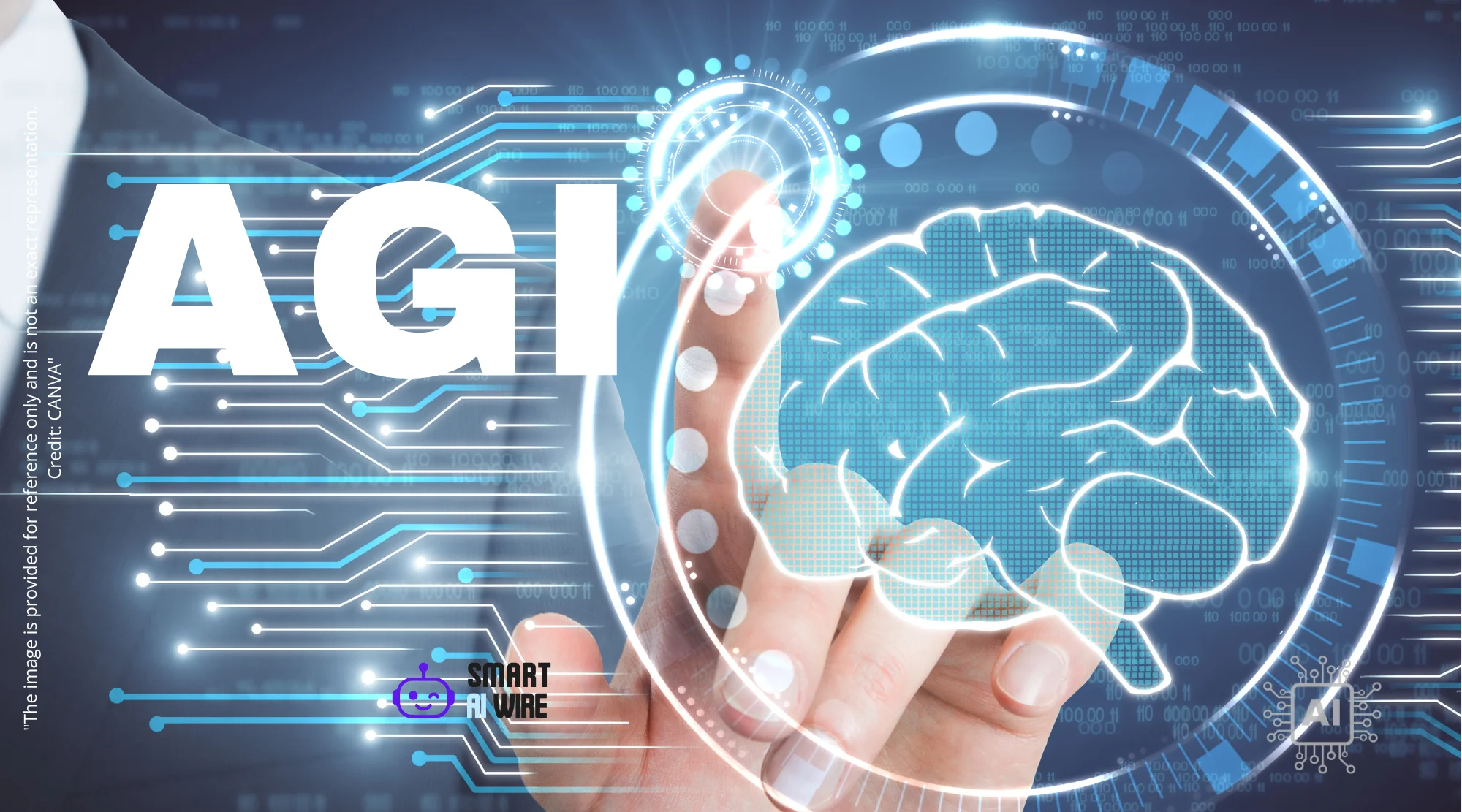The rise of artificial intelligence (AI) has sparked debate across numerous industries, and the field of history is no exception. Is AI in historical research poised to replace historians, or will it serve as a powerful tool to enhance their work? This article explores the current and future impact of AI on historical scholarship, education, and archival practices, examining the opportunities and challenges that lie ahead. Far from rendering historians obsolete, AI promises to reshape their roles and responsibilities, leading to a new era of historical understanding.
AI-Powered Historical Research: Augmentation, Not Replacement
AI is already revolutionizing how historians conduct research. AI-driven tools can analyze vast datasets, identify patterns, and uncover connections that would be impossible for human researchers to detect manually. These capabilities accelerate the pace of discovery and broaden the scope of historical inquiry. For example, AI can be used to transcribe ancient manuscripts, analyze linguistic patterns in historical texts, and map social networks of individuals and events.

AI also streamlines the organization and management of research materials, assisting in the creation of literature reviews and the identification of relevant sources. This frees up historians to focus on the critical tasks of interpretation and contextualization. Some AI systems can even generate initial drafts of research papers or simulate historical events, offering new avenues for exploring the past.
It’s crucial to remember that AI is not a replacement for human historians. Instead, it serves as a tool to augment research, accelerating the process and providing new insights. AI lacks the capacity for critical thinking, nuanced interpretation, and deep contextual understanding that are essential to historical scholarship. Human expertise remains indispensable for evaluating the results of AI analyses and integrating them into a broader historical framework. Explore how AI is transforming various sectors in “AI in Business: Navigating Legislation & Optimizing Processes”.
Transforming History Education with AI
AI offers exciting possibilities for transforming history education, providing personalized learning experiences and engaging students in new ways. AI-powered learning platforms can create customized learning paths, offer interactive exercises, and provide real-time feedback. This makes learning more engaging and effective. For instance, AI can assist in generating quiz questions, assessing assignments, and providing students with supplementary information.
One of the most promising applications of AI in history education is the creation of immersive learning experiences. Virtual historical environments and simulations of historical events can deepen students’ understanding of the past. This type of learning fosters a greater appreciation for historical context and the complexities of historical change.
However, the use of AI in education also raises ethical considerations. It is essential to ensure that AI-powered learning platforms are objective and do not present biased or inaccurate information. Educators must critically evaluate the results of AI-driven assessment systems and ensure that students continue to develop independent thinking and critical analysis skills. Highlighting this, check out “AI Chatbots in the Classroom: How Professors are Using AI in Education.”
Archival Practices and Source Criticism in the Age of AI
Archival practices are another area where AI is making a significant impact. AI can assist in the digitization, cataloging, and organization of archives, making historical information more accessible to researchers and the public.

AI-powered tools can also aid in the identification of forgeries and the assessment of the authenticity of historical sources. Algorithms can perform age estimations of documents, analyze text patterns, and verify the authenticity of images and videos. This is particularly important in the face of increasing disinformation and the proliferation of fake historical artifacts.
While AI offers powerful capabilities for analyzing historical sources, it is essential to remember that it is only a tool. Human expertise remains crucial for critically evaluating the results of AI analyses and understanding the sources within their historical context. The ability to engage in source criticism, interpretation, and contextualization remains a core competency for historians.
The Evolving Role of the Historian in an AI-Driven World
The question of whether AI will make historians redundant can be answered with a resounding “no.” Instead, the role of the historian will evolve, requiring new skills and competencies to leverage the power of AI.
Future historians will need to be proficient in using AI tools, critically evaluating their results, and assessing the interpretation of historical information within its context. They will also need to be able to formulate complex historical questions, analyze data, and communicate their findings effectively.
New roles for historians may emerge, such as experts in the development and training of AI systems for historical research, curators of digital archives, or consultants on the ethical use of AI in historical scholarship. Continuous learning and adaptation to new technologies will be essential for success in this changing landscape. To learn more about AI’s broader role, read “AI in Education: Preparing Students for an AI-Driven World“.
Conclusion: A Collaborative Future for Historians and AI
AI is poised to fundamentally transform the field of history. It offers historians the opportunity to accelerate their research, gain new insights, and deepen their understanding of the past.
The future of history lies not in the displacement of historians by AI, but in collaboration between human expertise and artificial intelligence. Historians who understand and master the capabilities of AI will be able to conduct their work more effectively, uncover new knowledge, and make significant contributions to society. This partnership will shape the future of historical scholarship, allowing us to explore and understand history in all its multifaceted complexity. Learn more about the intersection of humanity and AI in “AI and Human Authorship: Why the Human Element Remains Final“.



